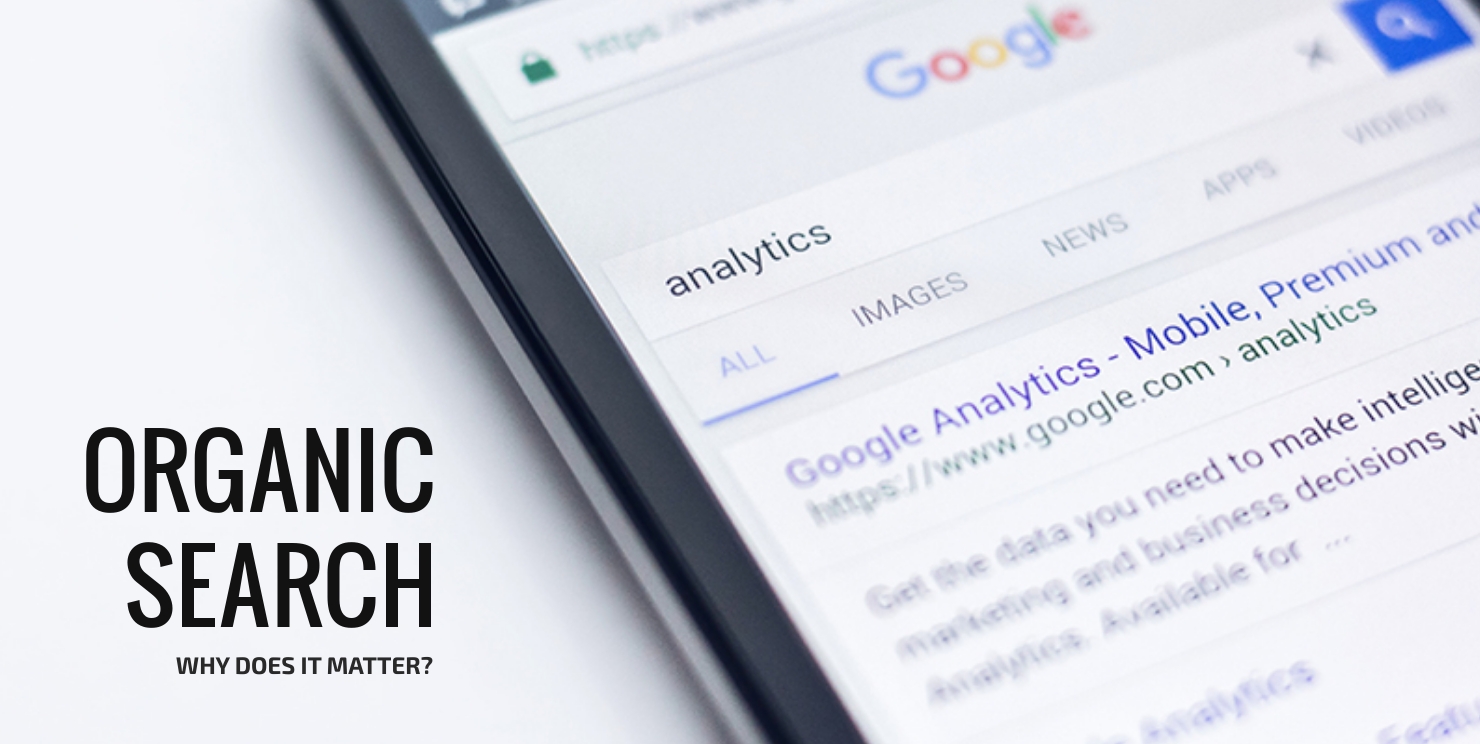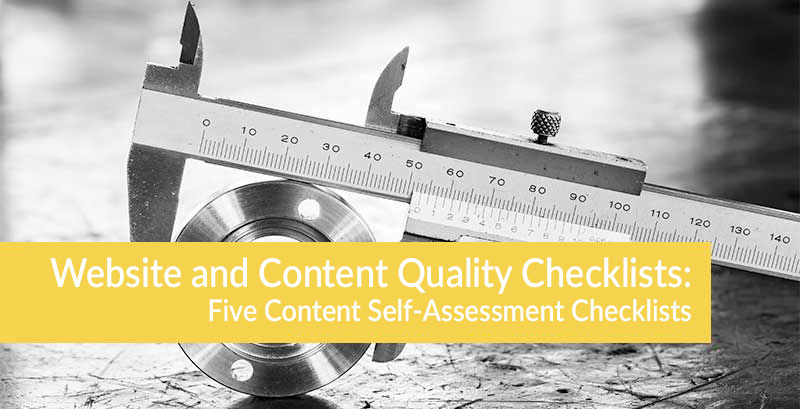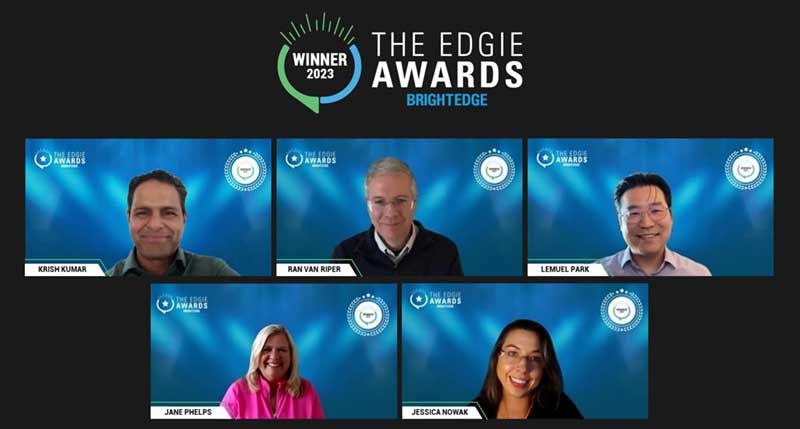Learn the seven keys to organic search success
Organic search is the natural searching people do in search engines. People ask questions or type sentences into search engines, looking for help and information.
The search engine results page (SERP) typically contains a mix of organic and paid search results. Your goal is to rank at the top of the SERP.
To generate organic search traffic, you need to know your readers and give them the answers to their organic search queries. Google and other search engines want to return content that answers the questions people have.
This all comes down to writing helpful content, knowing search intent, and supporting your readers.
Why Does Organic Search Matter?
Organic search matters because it is critical to driving traffic to your website.
Organic search matters for these five reasons:
- Organic search builds brand credibility and awareness.
- Organic search reinforces your expertise and experience.
- Organic search creates trust and awareness with people and search engines.
- Organic search helps you offset rising paid search campaign costs.
- Organic search establishes you as a thought leader. (Google and humans love thought leaders.)
Organic search is how you create a go-to brand and website that survives Google algorithm updates, social media fluctuations, and slashed marketing budgets.
How To Improve Organic Search Success?
To improve organic search success, you need to understand:
Search Intent
Search intent is the challenge, goal, need, or question your customers want to solve. When you sit down to write content, you need to ask what the search intent is. What is the problem people have and how can we best meet this?
E-E-A-T
Experience, Expertise, Authoritativeness, and Trust is a framework Google’s human search quality raters and Google algorithm use to evaluate website content for quality, trust, and helpfulness.
Google wants to make sure it is always ranking the best possible content at the top of the SERP, and E-E-A-T is a key ranking factor.
Helpful Content
Helpful content is content that fully answers a reader’s question or search query. This content is based on proven experience and/or expertise and is written for real people. Google released its Helpful Content System update in mid-September 2023 with a focus on ranking and rewarding content that provides a satisfying and rewarding user experience.
Keywords
Keywords are the words people enter in search engines when searching for information. Google and other search engines generate search results relevant to these keywords. Content based on search intent and keywords helps improve your organic search success.
Google Algorithms
Google algorithms are designed to provide people with the best possible information. Google says, “… Search algorithms look at many factors and signals, including the words of your query, relevance and usability of pages, expertise of sources, and your location and settings.” Your organic search success depends on your compliance with the latest Google algorithm updates.
Technical SEO
Your website needs to be easy to crawl, understand, access, and read. Search engines and people do not have the patience to struggle with a website that has a poor site architecture. URL structure, menus, and overall page experience are key to organic search success.
Paid Search
Paid search helps increase brand awareness, encourages clicks and conversions, and is key to organic search success. As part of a hybrid search strategy, paid search helps increase visibility, builds awareness and trust with Google, and optimize for search intent.
7 Keys to Organic Search Success
You need to know these seven keys to organic search success:
1. Quality Links.
Google and other search engines are judging you based on who you know. Use backlinks to link to quality websites and recent research that support your point of view. Backlinks are one of the top three Google ranking factors. Hint: the other two key ranking factors are content and page experience.
2. High-Quality Helpful Content.
Helpful content is where it’s at. The better your content is researched, formatted, written, and delivered – the happier everyone is – your readers, the search engines, and the ranking signals. Hint: use our five content checklists to self-assess your content for helpfulness and quality.
3. Clean Website Design.
Make it easy for your readers, search engines, and Google Search Quality Raters to navigate and read your website. Page experience is a key ranking factor. Focus on search functionality, page speed, overall design, security, clean and unobtrusive pop-ups, and simple internal navigation.
4. Headlines and Meta Descriptions.
A well-written headline grabs attention and compels people to click. A succinct and clean meta description tells your readers and search engines how they will benefit from your content.
5. Answers to Questions.
Your readers are asking questions and looking for answers. Make sure you know what people are asking and why they’re asking it. Search intent should form the foundation for every piece of content you create – give people what they want.
6. Keywords.
These are the words and terms that your readers are searching for and that your competitors are ranking for and using. The content you provide, including the headlines, URLs, social media posts, meta descriptions, etc. must be keyword-forward. Delivering keyword-forward high-quality content requires skill – contact me to find out how you can work with our chief content wizard. Hint: avoid keyword stuffing.
7. Mobile.
Your website must be mobile-ready and mobile-friendly. If it isn’t, please dedicate some serious time and attention to your mobile presence. Your readers are mobile, and they expect you to be mobile (so do Google and the other search engines). Hint: a mobile-friendly website is key to a good page experience (one of the key Google ranking factors).
What is the Best Organic Search Strategy?
The best organic search strategy is customized to meet your exact needs. Think about why you have a website and what you need it to do for you.
Do you want your website to drive webinar and whitepaper downloads? Do you want your website to drive traffic to your online store? Do you want your website to connect your readers with your sales team?
The answer to: “what does my website need to do for me” – allows me and the Know Agency team to develop a customized organic search strategy that gets your website working for you.
We do the research. We get to know your readers. We create a plan based on your goals and readers. And then we give you the website, SEO, content, organic search, and paid search strategy that delivers results.
To drive traffic to your website, you need to contact me before your competitor does.



